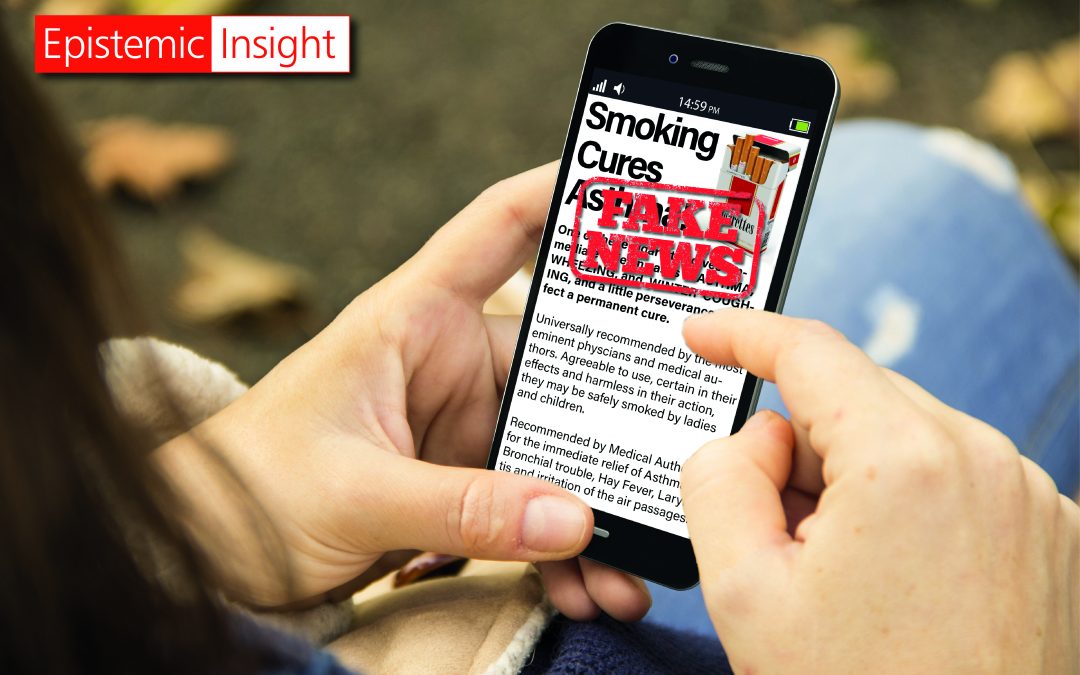Written by Josh Heyes
I have spent the last week at the British Educational Research Association Annual Conference 2022 and had a rewarding and stimulating time learning from brilliant scholars at the cutting edge of research in different areas that resonate with our work at LASAR. Here are some of the highlights.
Our new project area ‘Flourishing in Schools’ engages closely with the growing calls for a stronger and more integrated health and wellbeing education in schools. I attended a presentation by Aston Monro from Edge Hill University reporting on “Tackling the Blues”, an award-winning health and wellbeing promotion project for primary schools. In his presentation, Aston drew attention to how children’s knowledge about health and wellbeing which leads to what is being termed ‘healthism’ – the individualization of health and wellbeing as solely the responsibility of the child. “Tackling the Blues” has the potential to build students’ epistemic insight by providing them with different ‘ways of knowing’ around health and wellbeing, recognising the power and limitations of a biomedical perspective while drawing on insights from the social sciences. The result is that students’ look beyond their own individual actions and consider their part in the shared endeavour of mutual flourishing.
We are also working on a project examining inter/multi/transdisciplinary learning in Higher Education, with a particular interest in the concept of STEAM. I attended a session run by the STEAM Research Group at Oxford Brookes with a range of excellent presentations on different aspects of creativity in education. Professor Debra McGregor’s presentation discussed how the need for a multi-methods approach when investigating the effectiveness of teaching science through drama. It was fascinating to see the creative ways that teachers brought these two ways of knowing together through using role-play and changing classroom environments to help students learn about evolution. There are strong resonances with our pilot project ‘Dance and the Digital’ bringing together dance and computer science. Debra’s work shows the need for our projects to use a methodology that reflects the kinds of knowledge being developed through cross-disciplinary pedagogy, perhaps not captured effectively by quantitative methods alone.
Seeking to work with or have an impact on policy-makers and policy-making is high on the agenda of most educational research projects, including LASAR. Several excellent presentations and keynotes across the conference engaged with the barriers faced by educational researchers when seeking to inform policy-making. Professor Lucian Ciolan’s keynote usefully outlined four ways that researchers can seek to engage more effectively, including for example, building relationships with decision-makers that are most open to considering research perspectives. This will doubtless help as we seek to have a positive impact on policy-making in our forthcoming projects.
Finally – a number of presentations and keynotes across the conference engaged with arguments and debates around the nature of education as an academic discipline in its own right, rather than only a ‘field’ or ‘topic’ to which other, more established disciplines apply. Our research refers to disciplines as comprising of distinctive questions, methods and norms of thought. One presentation at the conference made a compelling argument for a distinctive category of educational questions that then require a distinctive set of methods and norms of thought to address. Might there be the opportunity for developing more epistemically insightful teachers and educators through engaging, for example, ITE students in thinking about the nature of education as a discipline?
Many thanks to BERA for hosting such a well-organized and stimulating event.

